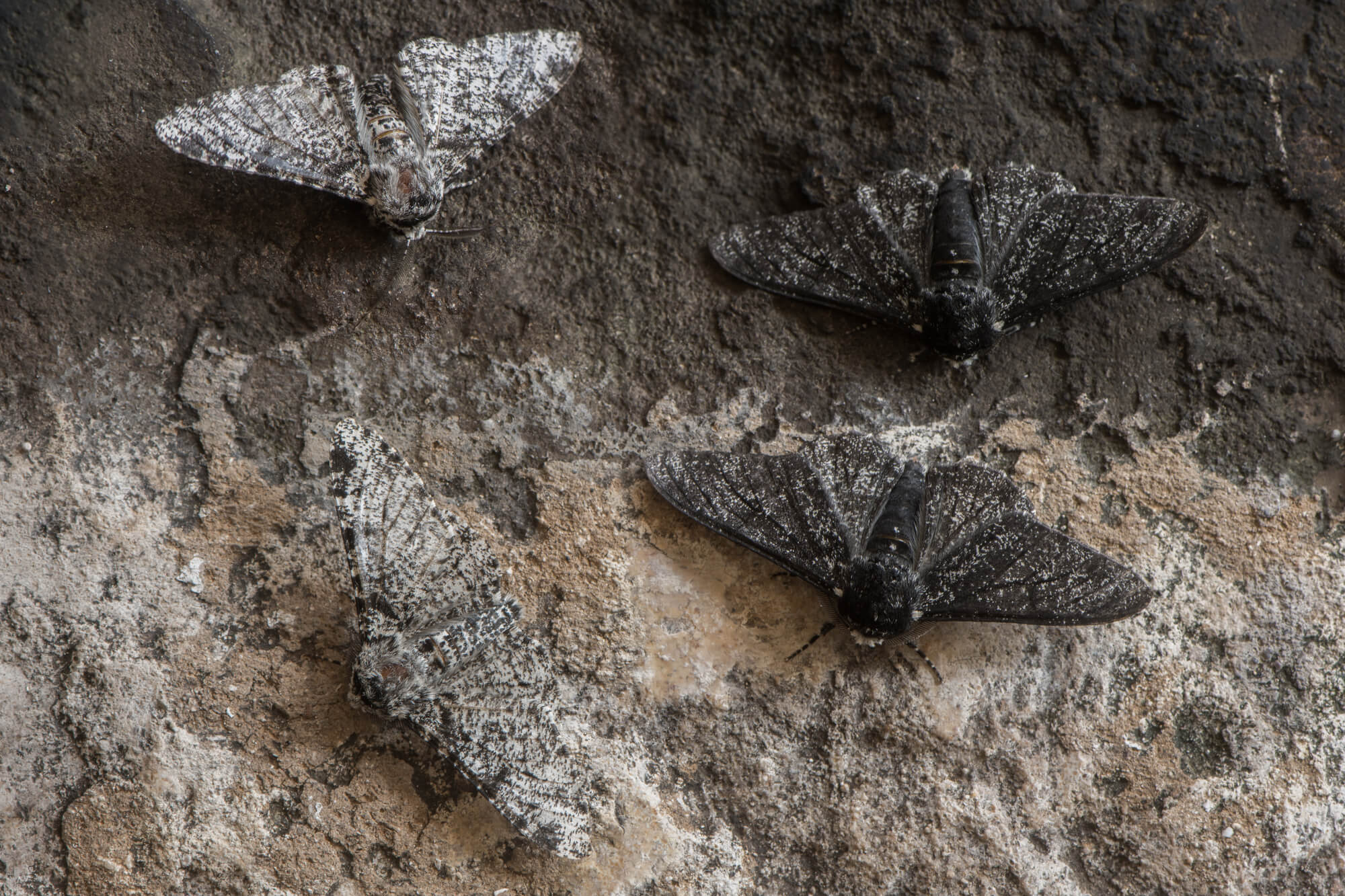Is the routine good for us or maybe we are better off without it? And could it be that a new one that we haven't met yet is about to devour all the cards?

Corona, war, climate crisis. Humanity needs truly shocking events to stop and examine the routine path it is on. The last two years have led to quite a few behavioral and perceptual changes all over the world. The researchers of Tel Aviv University go out of the ordinary and talk about the subject in the context of their field of research and more.
A routine of changes
There are studies where two years are considered a short fraction of time, not even a blink of an eye. Biological evolution is a process of genetic change in populations that continues over many generations. These lead to the creation of new species and changes (for better or worse) in the properties of existing species. For the most part, this process is slow. So maybe it can be said that thanks to a routine of changes that progress lazily we got to where we are, although there are also researchers who claim that evolution actually happens in "jumps" and suddenly. In the laboratory of Dr. Yoav Ram from the School of Zoology at the George S. Wise Faculty of Life Sciences, use mathematical, statistical, and computational models to investigate questions in evolution, ecology, and cultural evolution.
"In the theoretical research on evolution, a distinction is made between fixed (routine) environments, where mainly negative mutations occur that harm the individual's adaptation to the environment, and changing environments, where there are changes from time to time. In these environments, adaptive evolution can occur, meaning the appearance of positive mutations that increase the individual's fitness and adaptability to the new environment. That's why those mutations will spread over time in the population, at least in some cases," explains Yoav.
"We and others have shown, with the help of mathematical models, that if the routine continues for a long time, natural selection will favor offspring that resemble their parents (after all, the apple falls close to the tree), and therefore will also favor appropriate molecular and behavioral mechanisms, such as correcting errors in the DNA copying mechanism or cultural conservatism. On the other hand, if the environmental changes are frequent enough, natural selection will prefer that at least some of the offspring be different from their parents (not putting all the eggs in one basket), and therefore will also prefer mechanisms that produce genetic and behavioral variation, such as mutation, sexual reproduction, innovation and social learning."

stress routine
The research of Hadar Freidin, a bachelor's degree in law and business administration and a doctoral candidate in the direct track in the organizational behavior program at the Kohler Faculty of Management, deals with definitions of stress in the workplace. Together with Prof. Sharon Toker, an expert on stress and burnout at work, she began to collect data from over a thousand employees and examine the concept of stress in a new light.
"There is an assumption that we all experience and define stress in the same way. is that so? When most of us are asked what stress is for us, many times the first response is 'we haven't thought about it at all until now'. I thought that people would tend to define stress as multitasking and overload, meaning 'I have too many things to do in relation to the amount of time I have to do them', and maybe you could even call it a kind of routine. Stress routine. In our research, we asked over a thousand people to define what stress is for them, and then we made comparisons between different sectors and levels."
During the planning stage of the study, the researchers considered making cross-cultural comparisons in the definitions of stress, and then the corona virus arrived, which made the stress factor universal. "Suddenly everyone was suffering from the same stressor, and he was really asked to examine another direction of research - definitions of stress in different contexts. We started looking at how people define stress now, during the epidemic, and whether anything has changed."
Hadar and Sharon collected the data several times throughout the Corona period. Throughout the study they stuck to the search for the definitions of stress in the workplace. The results were surprising. "One would have expected that new categories would appear that represent what pressure is, but surprisingly, none were registered. The same categories repeated themselves (with different frequencies), despite the new situation people found themselves in following the epidemic. It's amazing to me. Even now, I no longer think there is a new pressure definition that will surprise me."
On the other hand, Hadar points to the change in routine that came as a result of the corona virus. "The initial situation of the closures and later the hybrid model that is gaining strength today, led to the creation of new routines, small but very powerful: suddenly people could work from home, combine their work day with lunch with the children, maybe a tour outside, in nature, or even sports training. While at the beginning of the epidemic people were afraid of losing their jobs, today the power is in the hands of the workers. They are the ones who dictate the rules and conditions, after getting used to a different, more flexible work model. I think that many good things resulted from the changes in the routine, the ones that people adopted and are not ready to give up now, for example the change in the work model and the place of work in life. At the same time, the great wave of departures that is happening now in the US, and will probably reach us as well, will affect the economy and employment conditions in the future."
A new hat for the hat collection
It is hard to say that the corona broke the work routine of Dr. Ella Sklan from the Department of Immunology and Clinical Microbiology at the Sackler Faculty of Medicine. She has been researching viruses such as jaundice, ebola and even corona for many years, and the epidemic that broke out about two years ago and caused an uproar provided her with interest and diverse raw materials for future research. What's more, thanks to her expertise in the subject, she was called to the advocacy flag and became a scientific explainer, a field she had not experienced in such an intensive manner until now, and for her this was a break from routine.
She attended In informational videos various produced here, at Tel Aviv University, for the benefit of the general public, and took part in interviews in the various media. The events and the need to make available knowledge on the subject to the frightened public led to the creation Webinar series called 'Virological Excavations' with her participation. Together with Prof. Eran Bacharach and Dr. Oren Kobiler, also virologists from the Faculty of Medicine, the three discussed the issues on the agenda regarding the corona virus, and hosted an expert in their field in each episode. In light of the success, the series continued and touched on other virological topics such as tropical diseases, jaundice, rabies and more, and is available for viewing.
"There is no such thing as routine in research," says Dr. Sklan. "The most interesting are the results that do not confirm our assumptions. The unexpected research results are those that can usually be an opening for new scientific discoveries. I am happy to take part in the field of advocacy alongside continuing my research. If we need to, we will continue to do so in the future as well."
was called to the advocacy flag. Dr. Ella Sklan in a video taken at the beginning of the corona epidemic
More of the topic in Hayadan:
- "All the warning lights are already flashing - now we just need someone to start taking them seriously"
- The evolutionary reasons why women are colder than men
- "The higher the response rate to routine vaccinations, the lower the mortality rate from corona"
- When will life return to normal after the epidemic?
